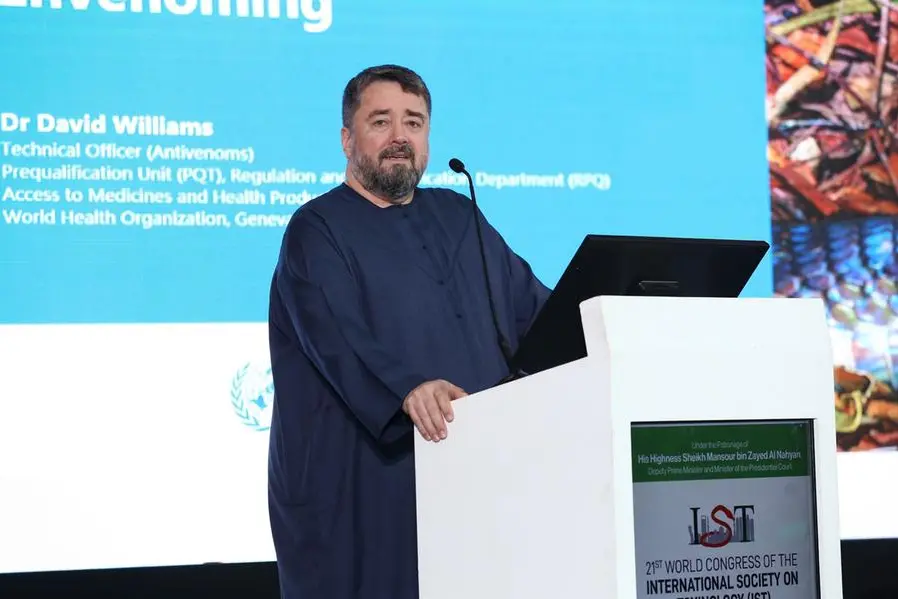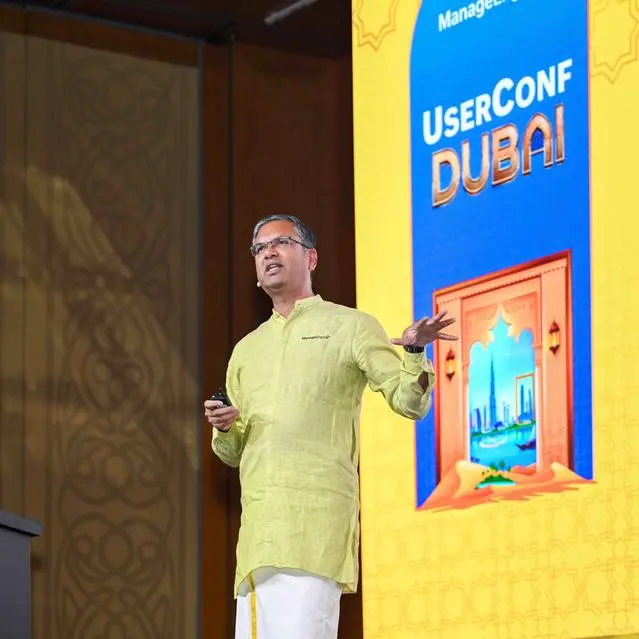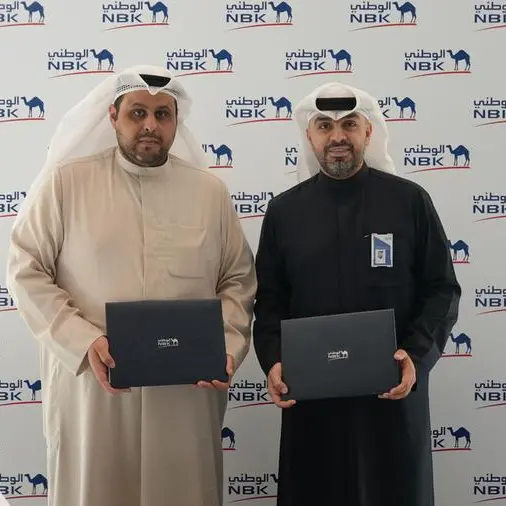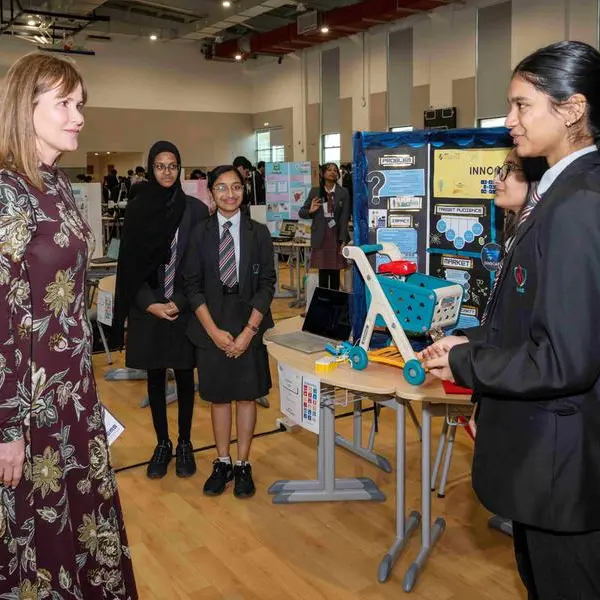PHOTO
Abu Dhabi: As many as 1,200 doctors and specialists from the UAE participated in the sessions of the 21st World Congress of the International Society on Toxinology (IST), hosted by the capital Abu Dhabi, where they were briefed on the results of studies and research in toxicology presented by experts, specialists and university professors from different countries of the world.
In addition, doctors and specialists from the Emirates Health Services Corporation, the Abu Dhabi Health Services Company “SEHA” and other health institutions in the UAE were briefed on the latest methods and techniques used in the treatment of snake and reptile bites, as well as learning about the latest methods of preparing antitoxin serums.
The participation in the Congress was accredited as 10 hours of continuing education by the Department of Health-Abu Dhabi, while Amsaal, the first company of its kind in the Middle East, made the results of research and studies presented during the conference available free for the medical sector in the UAE.
The Congress is being organised under the patronage of Sheikh Mansour Bin Zayed Al Nahyan, Deputy Prime Minister and Minister of the Presidential Court, by Amsaal in the collaboration with the Ministry of Climate Change and Environment, the Environment Agency - Abu Dhabi, Department of Culture and Tourism, and the Abu Dhabi Health Services Company "SEHA"
About 300 participants interested in toxinology have attended in person, while over 2,000 are participating remotely from 37 countries. Among of them 137 speakers from scientists, specialists and experts in toxicology, as well as researchers, professors of international universities, executives, and those interested in toxicology.
The plenary lecture of the 4th day was delivered by Dr. Jan Tytgat (University of Leuven (KU Leuven), Leuven, Belgium), who focused on scorpion toxins. This was followed by a number of sessions in which the participants presented the results of their research and studies on clinical toxicology.
The first session was moderated by Dr. Timothy Jenkins (Technical University of Denmark) and Dr. Richard Dart Rocky Mountain Poison and Drug Safety (RMPDS) Colorado, USA, where Dr. David Williams and Dr. Anna Pintor (World Health Organization, Switzerland) talked about integrating snake ecology and biogeography into snakebite prevention and control strategies. While Dr. Sean Paul Bush (Duke University Health System, USA) spoke about the snakebites in the United States of America.
In same session, Dr. Julian White (Women's & Children's Hospital, Australia) talked about developing an iPad app database driven clinical toxinology support tool. While Dr. Tri Maharani (Nationak institute research & development ministry of health, Indonesia) reviewed a research on snakebites in remote area first aid & treatment solution in Indonesia.
Dr. Abdulrazaq G. Habib (Bayero University Kano, Kano, Nigeria) conducted a comparison of snakebite in children and adults in Nigeria, while Dr. Soumyadeep Bhaumik (University of New South Wales, Australia) spoke about the structural capacity for snakebite care in the primary health care system in India.
The 2nd session, which discussed the basic toxinology - venoms and toxins pharmacology, was moderated by Dr. Denis Servent (Paris University-Saclay, France), while the speakers were Dr. Jan Tytgat (KU Leuven, Belgium), Dr. Elda E. Sanchez (Texas A&M University-Kingsville, Texas, USA), Dr. Igor Križaj (Jožef Stefan Institute, Slovenia).
Dr. Gisele Picolo (Butantan Institute, Brazil) reviewed rattlesnake venom compounds induce analgesia by inhibiting glial cells at the central nervous system.
Dr. Stella R. Zamuner (Universidade Nove de Jullho, Brazil) reviewed the effect of photobiomodulation on C2C12 myoblast cells after the action of snake venom on juvenile and adult. While Dr. Alexey Kuzmenkov (Institute of Bioorganic Chemistry of the Russian Academy of Sciences, Russia) spoke about molecular pharmacology and structure of apamin.
In the 3rd session, the speakers discussed the clinical Toxinology – antivenom. It was moderated by Dr. Abdulrazaq G. Habib and Dr. Wuelton Monteiro, while speakers were Dr. Timothy Jenkins, Dr. Ashis Kumar Mukherjee, Dr. Sebastián Estrada-Gómez, Dr. Juan J. Calvete, Dr. Rui Seabra Ferreira Jr., Dr. Matthew R. Lewin and Dr. Somasekar Seshagiri.
The 4th session discussed the basic toxinology - natural toxins and drug discovery. It was moderated by Dr. Elda E. Sánchez and Dr. Ray Norton, while the speakers were Dr. Ray Norton, Dr. R. Manjunatha Kini, Dr. Denis Servent, Dr. Lachlan Rash (University of Queensland, Australia): Structure-activity, Dr. Dmitry Poteryaev, Dr. Aimee Coulter-Parkhill and Dr. Gérard Lambeau
-Ends-




















